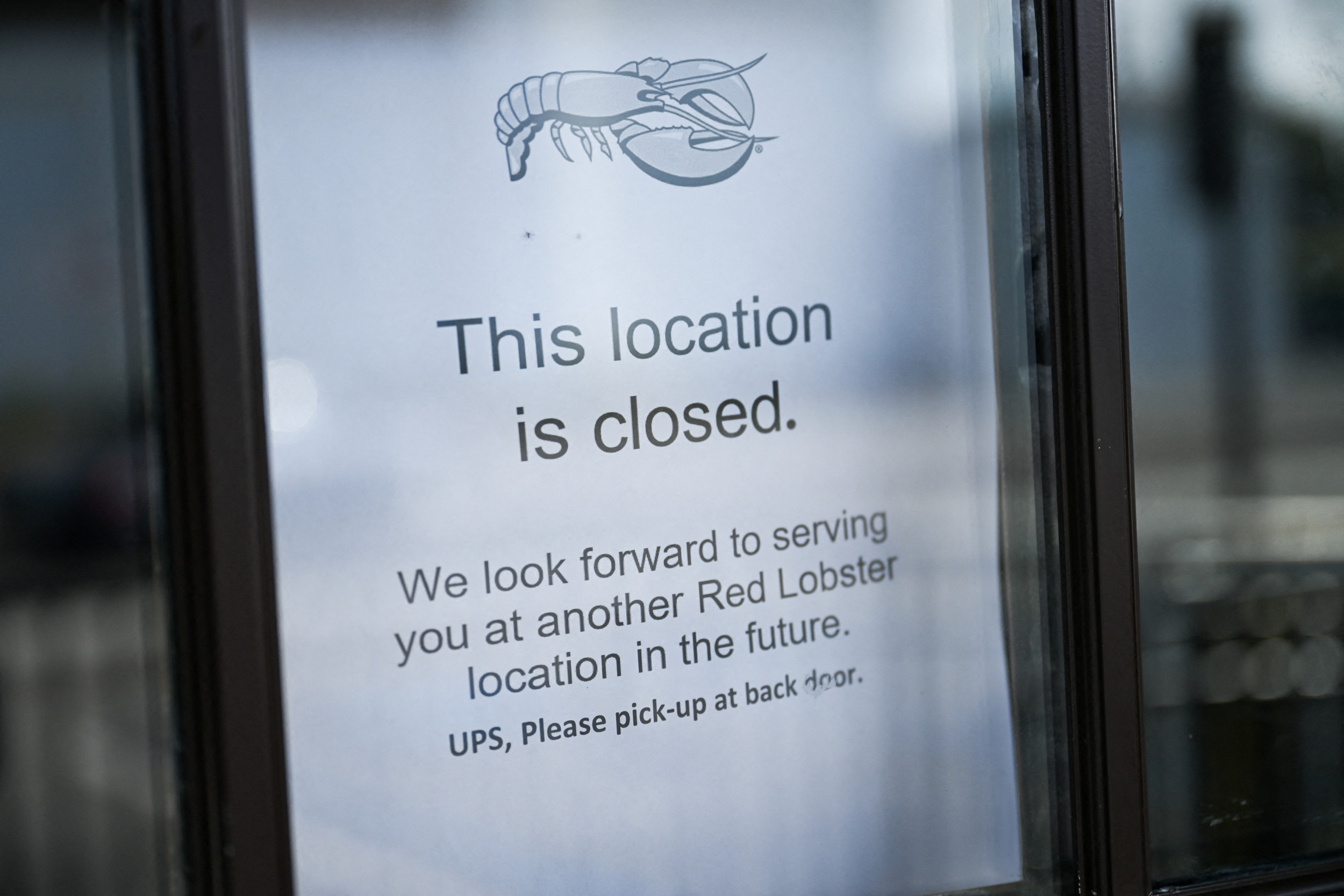I've been a psychologist for nearly 20 years, and I don't think I've ever met anyone who is "happy." Uplifting, right? Turns out, a general, all-encompassing "happy with everything, all the time" is a dumb ideal.
For the past decade, on top of seeing clients at my clinic in Alberta, Canada, I've written a few books about what it takes to be happy. I now spend most of my time speaking to organizations around the world, all of whom are on this quest to be happier.
In my line of work, I have seen that the desire for happiness is most heavily wished upon our children. Indeed, I myself have said many times: "The only thing I ever want for my kids is for them to be happy."
Conversely, the opposite of this happiness goal is often the reason we sever relationships: "I'm just not happy anymore," or, "My job brings me no happiness." As divorce rates rise and workplace burnout abounds, I often wonder: Is anybody really happy? And what does it mean to be happy? Should we be expanding our vocabulary around this thing called happiness?
The truth is that you won't always be "happy"—and that's perfectly fine. But, from my experience, getting to a place of happiness, as often as you are able, appears to lie in three simple steps.
1. Drop your shoulders and just breathe
Many of my clients come into our sessions with their shoulders up to their ears—they're often not even aware of it.
When I tell them to drop their shoulders, you can actually see the tension melt away. There's a physical shift in the body.

This is the basis of many eastern spiritual practices: Buddhism, meditation, breathwork, all of that comes back to the idea that you can talk about your thoughts all day long, but unless you integrate them into your body, it becomes very hard to change your practice.
When we drop our shoulders and settle into our bodies, we are so much more ready to pay attention to the good things and to make space for happiness.
2. Feel all the emotions
We often don't want to feel what we describe as "bad" emotions like sadness, disgust, shame or fear. This has led to a phenomenon called "toxic positivity," that incites us to "just stay positive." With this attitude, we have learned to bury certain emotions, like anger and sadness.
But when you push aside "bad" emotions, they fester and become amplified. Some of us can go through most of our lives just holding onto that pain, leaving very little room for happiness, until it starts to eat us from the inside out—sometimes even showing up as neuropsychological, emotional, or physical illness.
So that's why I often say to my clients, with regards to difficult emotions: "Just tell me where you feel it." Some have said they have felt a heaviness in their chest or shoulders, for instance. And then I'll ask them: "What is that feeling all about?"
When there is angst or a feeling in the body that we don't know why it's there, we often make up stories in our minds. This leads to us thinking things like, "I'm not good enough."
But when you acknowledge how you are feeling, and where in your body you are feeling it, you can rise above the emotion. You don't have to accept it, or to like the fact that you are feeling angry, for instance—you just have to notice it. When you can name it, you tame it.
We all have a complexity of emotions within us. When you notice them and feel them to the best of your ability, the sacred spaces of happiness become so much more accessible.
3. Find moments of gratitude
I speak about the need to focus on moments of joy with a lot of my clients, but it has particularly benefited anxious kids and anybody who has gone through a big trauma in their lives. When trauma happens, your body often stays in fight or flight mode, because you've been in so many unpredictable situations. The point of therapy is to be able to slow down.
I've had many clients who are police officers, and I've seen them just melt in my chair—likewise people who have gone through divorce, or been particularly affected by the pandemic. Slowing down gives them space to notice all of their emotions—both "bad" and "good." This means that, on top of acknowledging their repressed feelings, they also have so much more room to be more content, and to really notice the good things.
One of the most prominent researchers in the scientific study of happiness, Shawn Achor, says there is a "happiness advantage" to those who see the world from a more positive perspective. I love his words: "The most successful people, the ones with a competitive edge, don't look to happiness as some distant reward for their achievements, nor grind through their days on neutral or negative; they are the ones who capitalize on the positive and reap the rewards at every turn."
When we search for moments of joy throughout our day, they serve to keep our heart in a happier place, even when difficulties arise.
Dr. Jody Carrington is a psychologist and author of Feeling Seen, which is out January 17, 2023. For more information on her work, visit: drjodycarrington.com.
All views expressed in this article are the author's own.
Uncommon Knowledge
Newsweek is committed to challenging conventional wisdom and finding connections in the search for common ground.
Newsweek is committed to challenging conventional wisdom and finding connections in the search for common ground.
About the writer
Katie Russell is a Newsweek Deputy Editor, My Turn and is based in London, UK. Her focus is interviewing, writing ... Read more
To read how Newsweek uses AI as a newsroom tool, Click here.





